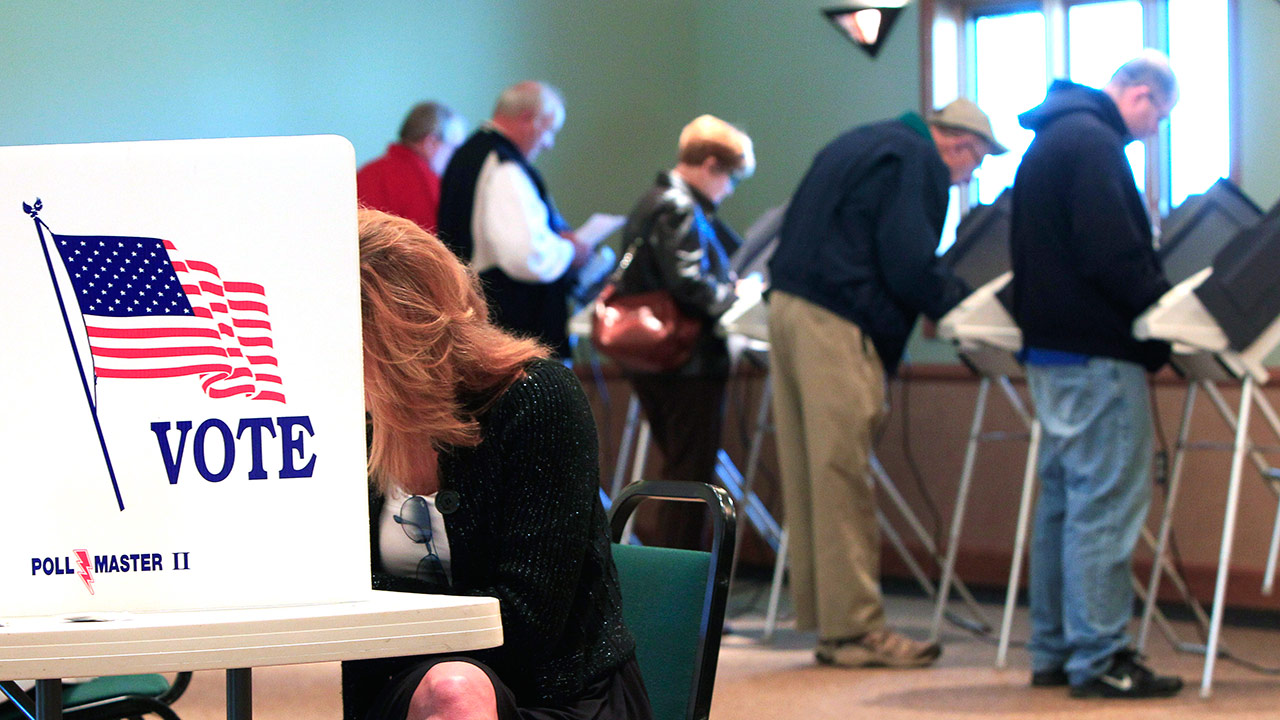How extreme heat disproportionately impacts low-income families and communities of color in Houston

HOUSTON, Texas (KTRK) -- Even though a smoky haze snuck in from Mexico and lingered over southeast Texas Thursday, it only brought temperatures down a degree or two from what was originally predicted.
Temperatures hovered about 97 degrees in the afternoon. But with the humidity, it felt more like 105 to 110 degrees and kicked a heat advisory into effect. ABC13 meteorologists say it will remain in the mid to upper 90s every day through Father's Day weekend.
RELATED: Smoky haze expected Thursday as Heat Advisory continues
Studies show that when a big heat wave occurs early in the summer months, it's harder on our bodies because we haven't had time to adjust to the warming temperatures. It's important to remember that long-term health implications can come from being constantly exposed to extremely hot and humid conditions.
Dr. Majid Basit, the medical director for cardiology at Memorial Hermann Medical Group, told ABC13's Elyse Smith that any extreme weather can weaken our bodies and lead to decreased lifespans.
READ MORE: The long-term health impacts caused by hot and humid conditions
The heat can have a bigger impact on vulnerable populations. A 2021 study found that in more than 70% of counties in the U.S., temperatures are higher in urban neighborhoods that have low-income residents and communities of color.
According to a May 2023 article by Axios, Houston is among the worst cities in the country for intense heat islands because of a lack of tree canopies. Only 18% of the city is covered with a roughly 14% discrepancy between high and low-income neighborhoods, the Chron reported.
The U.S. Environmental Protection Agency explained urban heat islands are created when developers replace natural landscapes with "dense concentrations of pavement, buildings, and other surfaces that absorb and retain heat."
On the northeast side of town, a group of seniors could be seen seeking relief at the cooling center in the Denver Harbor neighborhood. Some of them say they're on a fixed income and can only afford a small air conditioning unit. It's not enough to cool much of their home.
"When we open that door in the one room that's being cooled, you can feel all the heat coming back, So we are actually confined to one solid area in the house," Erlene Gonzales said.
"Sometimes, we don't even turn on our AC because the bills can get really high," Selia Martinez said. "That's why we come to the cooling center. It helps a lot."
A few streets down, Miguel Sanchez sits in the shade on the porch of his home of more than 40 years.
"The heat is unbearable. It feels like it gets hotter and hotter every year," he said to ABC13 in Spanish.
The 87-year-old didn't get much sleep as his only air conditioning unit broke down overnight. Luckily, his daughter came to the rescue to install a new cooling system.
The city of Houston has partnered with Harris County Precinct 2 to open 22 temporary cooling centers in libraries, community centers, and multi-service centers throughout the area. Reliant Energy says it's donating $1 million to help its customers across Texas pay for their electricity bills.
RELATED: Where to cool off as Houston area confronts potential heat advisories
"Just dial 211. Call 211 and ask for 'care funding.' Or you can go to 211texas.org. They have a great online facility as well where you can just plug in your zip code and find the different social service agencies that provide those funds," Bill Clayton, vice president of customer care for Reliant, said.
For a list of the cooling centers, visit ABC13's website.
For more on this story, follow Rosie Nguyen on Facebook, Twitter and Instagram.











